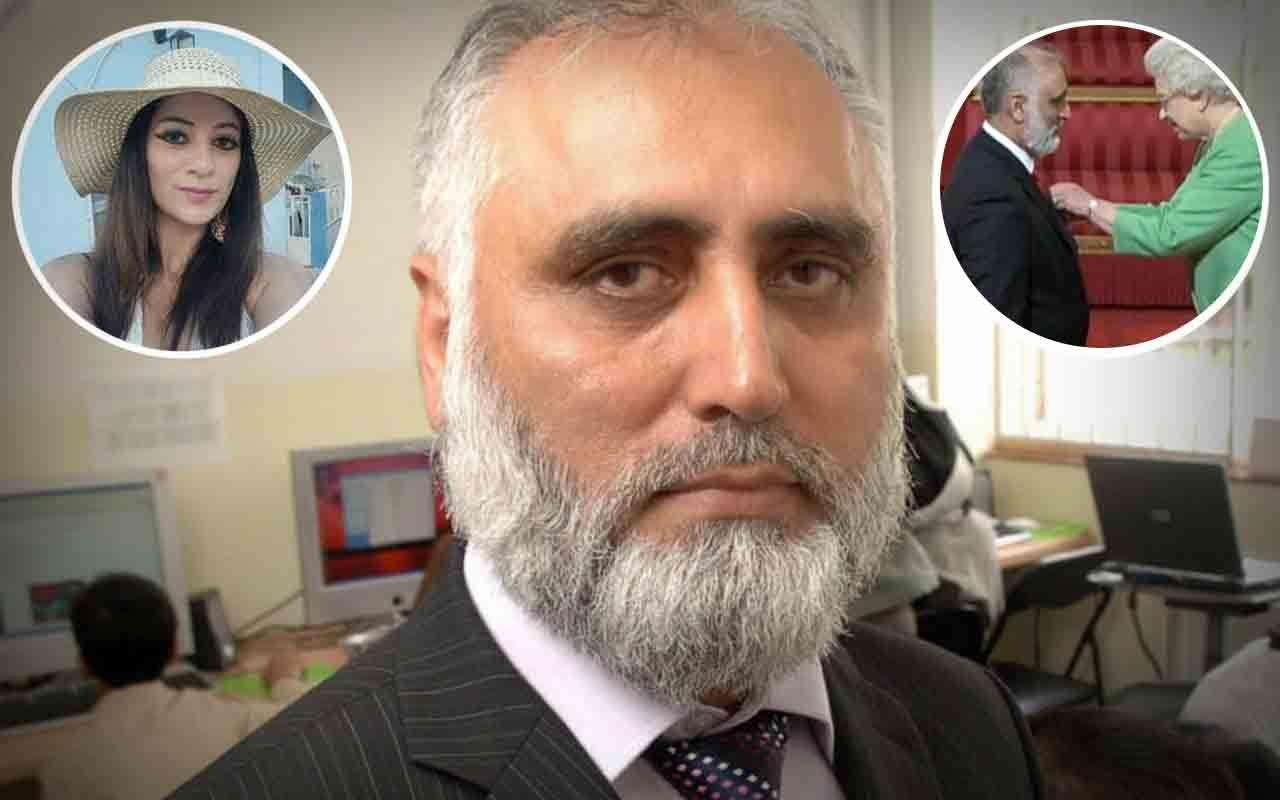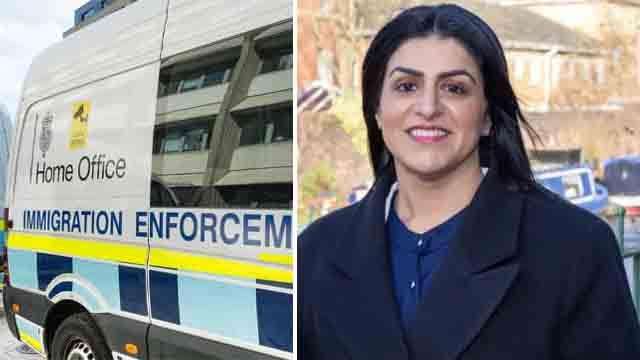Rail passengers in England and Wales will see a significant rise in travel costs starting Sunday, with fares increasing by 4.6% and most railcards going up by £5.
The government justified the hike by citing the struggling financial state of the railway. However, transport campaigners pointed out the contrast with Labour’s decision to extend the freeze on fuel duty for motorists.
This marks only the second time since 2013 that fares have risen above the rate of inflation, the previous instance being in 2021 when the Covid pandemic severely impacted rail revenue.
London Underground and other rail services in the capital will also see fares rise in line with the national increase, averaging 4.6% across the network, although bus fares will remain unchanged.
The government defended the fare hike as the smallest absolute increase in three years, noting that inflation had been significantly higher during that period. Officials also highlighted that the rise is slightly below the current average earnings increase of 5.9%.
As a result, the cost of an annual season ticket on key routes will surpass major price thresholds—Brighton to London will now cost over £5,000, York to Leeds will exceed £3,000, and commuters from Canterbury to London will pay more than £7,000 a year.
Additionally, most discount railcards for students, families, and pensioners will see a £5 increase, equating to nearly a 17% rise.
Almost half of rail fares in England, including season tickets and some long-distance return tickets, are directly regulated by Westminster. The devolved Welsh government will implement the same 4.6% increase from Sunday, while Scotland will introduce a slightly smaller 3.8% rise from 1 April.
Transport Secretary Heidi Alexander acknowledged public frustration, saying: “I understand passengers are disappointed that rail fares continue to rise despite ongoing delays and cancellations.
“We inherited a railway system that was not fit for purpose, and rebuilding trust will take time. Our focus is ensuring trains run on schedule when and where people need them.
“Through public ownership and the creation of Great British Railways, we are committed to making passengers the priority in everything we do.”
However, Silviya Barrett of Campaign for Better Transport said it was “yet another blow”, adding: “It’s especially disappointing that even railcards are going up in price after being protected for years.”
Alex Robertson, the chief executive of the independent watchdog Transport Focus, said: “Our research shows there is a clear mismatch between ticket prices and the service people expect to receive for what they have paid. This needs to change.”
The campaign group Railfuture’s Bruce Williamson said: “We had hoped that a new government would mean a change of policy, but no – passengers are still being punished for going green.
“If they can find the money to freeze fuel duty for motorists, they can afford to freeze rail fares, too. When will passengers ever get a break?”








.svg)

